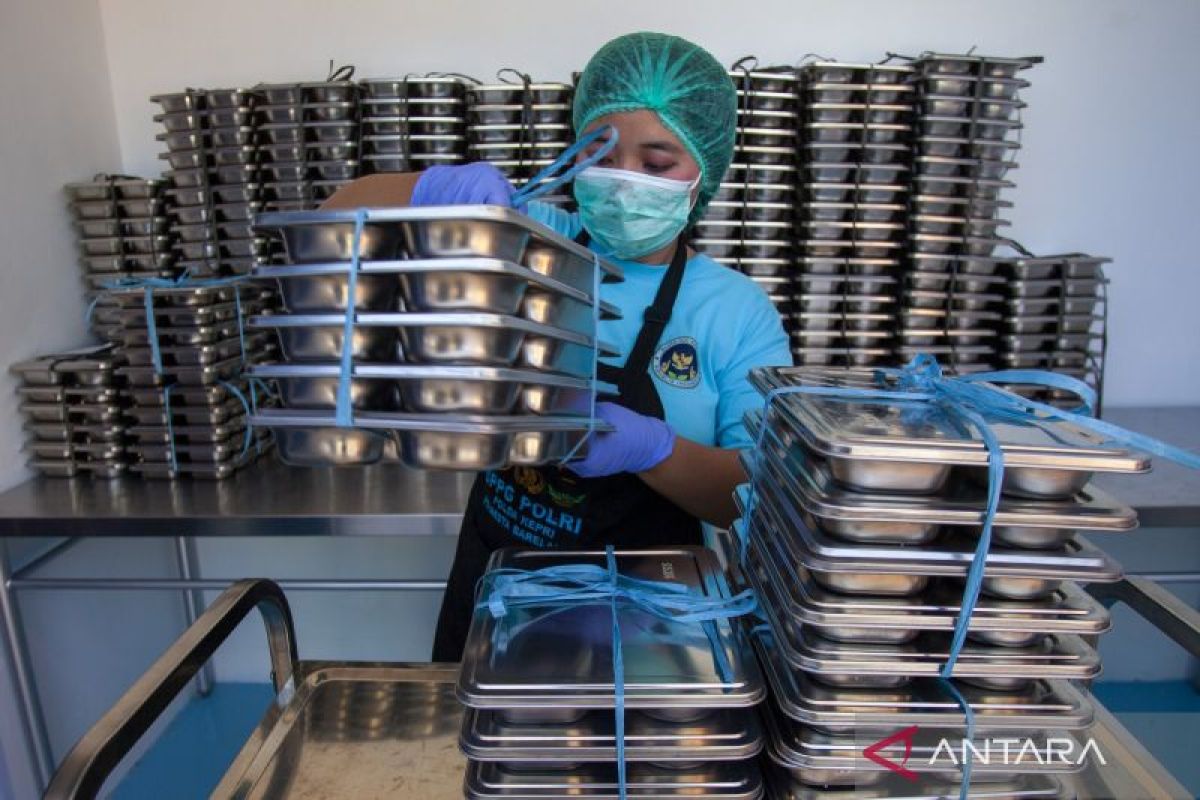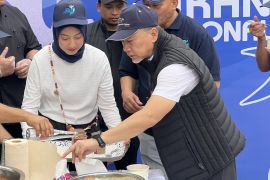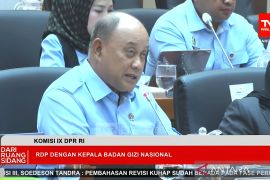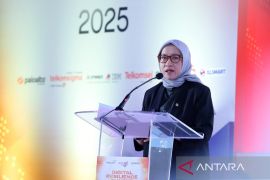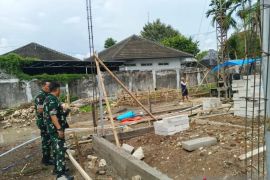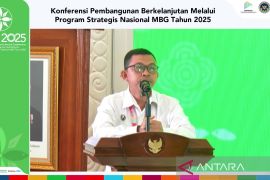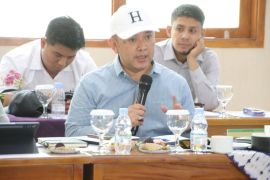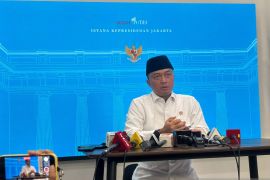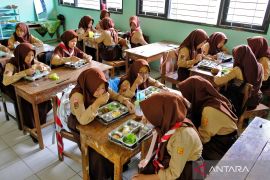Nurjaeni, director of the National Nutrition Fulfillment System at BGN, said SMKs could contribute to the upstream segment of the MBG supply chain by producing fertilizer for farmers who supply vegetables and other ingredients.
“Vocational schools could innovate by turning food waste into fertilizer for the farmers involved in the MBG program,” she said during a webinar on MBG implementation at vocational schools.
She noted that waste from the program’s 32,000 kitchen sites, known as Nutrition Fulfillment Service Units (SPPG), could be processed using maggot worms. The resulting byproducts—organic fertilizer and animal feed—offer added economic value.
Related news: Mataram Health Office, BPOM monitor MBG to ensure food safety
“The maggot decomposition process produces not only fertilizer but also feed for fish, birds, and poultry,” she said.
Beyond fertilizer, SMK students could contribute to kitchen operations by designing technology such as dishwashing machines to improve hygiene and efficiency in the MBG kitchens, where utensils are still cleaned manually.
“SMKs could help by developing machines to wash lunch boxes, which are still being washed by hand,” Nurjaeni added.
She emphasized that the MBG program is not only aimed at improving students' nutrition, but also offers a platform for vocational schools to foster innovation and entrepreneurship.
BGN hopes such involvement will turn food waste management and kitchen technology into real economic ventures for young Indonesians.
The MBG program, part of a broader national nutrition initiative, targets improved student health while supporting local food systems and job creation.
Related news: Rp335 trillion for nutrition Interventions in 2026 MBG Program: BGN
Translator: Hana, Kenzu
Editor: Rahmad Nasution
Copyright © ANTARA 2025
